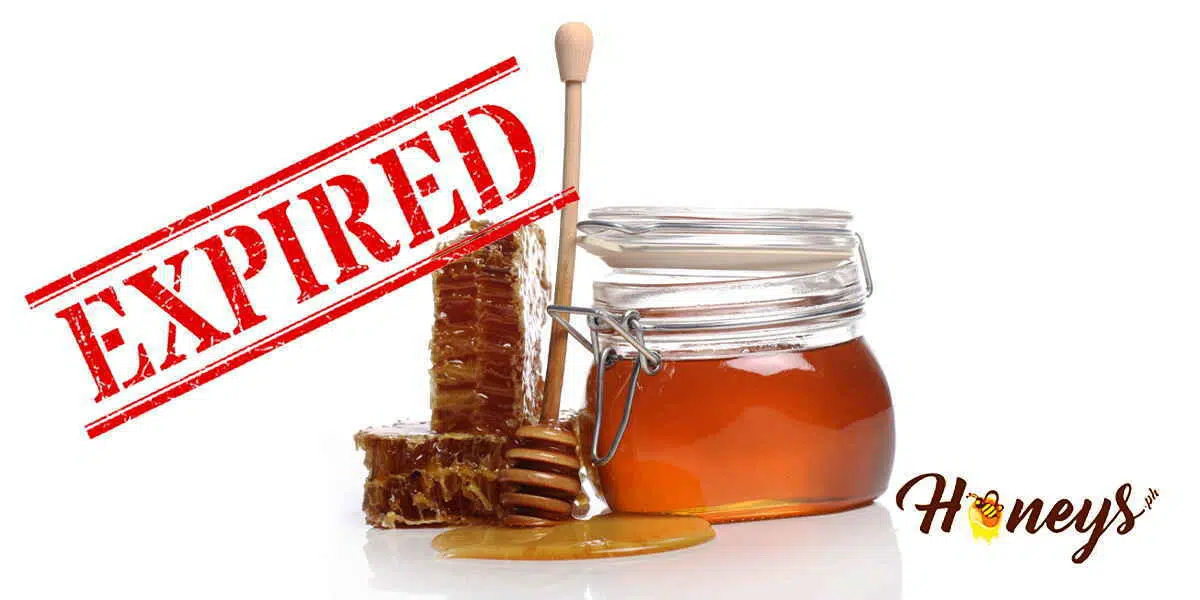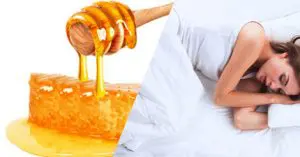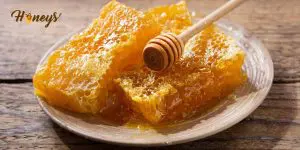
Does Honey Expire?
Does honey expire? Do I need to get a new bottle?
Consumers often look at the labels for expiry because nobody wants to consume stuff that is expired. Honey does not expire for some reason. It is one of the oldest consumed sweeteners by humans as far as thousands of years ago. Honey is rumored to have properties to last long or even stay good for how many years.
This article will explain the shelf-life of honey and what are the factors that can make it bad.
Honey is a popularly known consumed product. Its composition depends on the bee species, plants, and flowers they use. So there is a wide variety of flavors and colors in honey production. Honey is made of sugar and water where sugar takes 80% of its composition and 18% of water. So the question is why can honey last for a very long time? Honey can stay edible for so many years but its natural state also makes it prone to changes over time like changes in color, consistency, taste, and will crystallize depending on the temperature. So even if it has no expiration date, it can still undergo natural changes.
Honey Biological Composition
The reason for the longer shelf life of honey lies in its biological composition. Natural and properly preserved honey will not expire. Even years before it has been proven that if properly contained, real honey can last for a very long time and that means decades or centuries. Just imagine how long. Talking about its biological composition that makes up the sugar content of honey, its low water content or moisture, and low ph. Honey’s acidic nature and antimicrobial enzymes produced from the bees also add up to its longevity characteristic. Organisms that spoil food won’t survive in honey. But this sweetener has still to be handled properly and stored properly to enjoy its long lifespan.
Crystallization Process
Crystallization of honey is a natural process and is completely normal. It does not change the taste of honey, it proves that your honey is true and not pasteurized. This does not change the smell of honey also and certainly crystallization of honey does not indicate the expiration of honey. Remember, only natural and real honey undergo normal changes and can last long. On the other hand, adulterated honey does not preserve the natural properties of honey. The natural benefits of honey go far beyond a longer lifespan.
Let’s explain further. Honey’s sugar content inhibits the growth of many types of microbes like bacteria and fungi. Studies have proved that a high sugar content means high osmotic pressure. This will cause water to flow out of the cells of microbes and inhibit their growth and reproduction. The low water content of honey will hinder the fermentation by microorganisms so there is no breakdown of honey. Acidity which ranges from 3.4 to 6.1 with an average of 3.9 is due to the presence of gluconic acid being produced during the ripening of nectar. The acidity of honey also hinders the growth of certain bacteria like C. diphtheriae, E.coli, Streptococcus, and Salmonella. This property of honey makes it so effective in killing bacteria that it is even used on wounds, ulcers, and burns to treat and prevent infections.
How Honey is Made?
During the production of honey, bees produce an enzyme into the nectar to help the preservation process. The enzyme is called glucose oxidase. When the honey will ripen, the enzyme will convert sugar into gluconic acid and also produce a compound called hydrogen peroxide. This hydrogen peroxide is thought to contribute to the antibacterial properties of honey and help inhibit the growth of microbes. It is truly confusing how honey is made by nature and how it is made up. It is truly amazing also how it works in so many ways. Additionally, honey also contains compounds that add to its antimicrobial properties like polyphenols, methylglyoxal, flavonoids, and other agents.
When Can Honey Go Bad?
Several factors can make your honey go bad despite its innate properties for longevity. These factors include contamination, improper handling and storage, adulteration, and degradation over time.
Contamination can come from microbes naturally present in honey though they cannot multiply due to the antimicrobial property of honey. But a large number of microbes in honey could mean secondary contamination during processing. Honey can also contain plant toxins during the collection of nectar.
When we say adulteration that means the addition of another substance that makes the quality poor or simply adding cheap sweeteners to increase volume and reduce costs. This also greatly makes honey go bad.
Improper handling of honey can lose some of its antimicrobial properties and it will become contaminated or degraded. When it is left open or improperly sealed, the water content will rise from its safe level of 18% and will increase its risk of fermentation. The rise of temperature will speed up the degradation of color and flavor.
Conclusion
So now it is clearly understood how honey can stand for so long and also how it can go bad early. Note that honey stored for a quite long time may become darker. It may lose its aroma and flavor. Though this is not a health risk, it may not be tasty as it used to be or attractive.
So if you choose to keep honey for hundreds of years, do what the bees do and keep it sealed. Take note that the honey shelf life information on Eat By Date is generally reliable.
Furthermore, there is a recommended amount of honey consumption per day. Consider also that our advice should be taken as an opinion and not a replacement of your health care professional advice.









